Do you plan to repair or renovate your bathroom at home or work? You might want to consider replacing the bathroom tiles with a solid surface that is easier to clean but still looks good. No worries if you're undecided on which solid surface to choose for the shower walls, we have the answers!
Polyester-based and acrylic-based solid surfaces are the best choices for shower walls. This is because of their durability, aesthetics, and ease of maintenance. You might consider employing them when upgrading your bathroom at home or work.
Why Is It Better To Choose Polyester And Acrylic-Based Surfaces For Shower Walls?
Let's look at the following benefits of using polyester-based and acrylic-based solid surfaces for shower walls:
Durability
We sometimes add affiliate links and content that was curated and created by our team with the help of advanced ai tools to help showcase the best design styles.
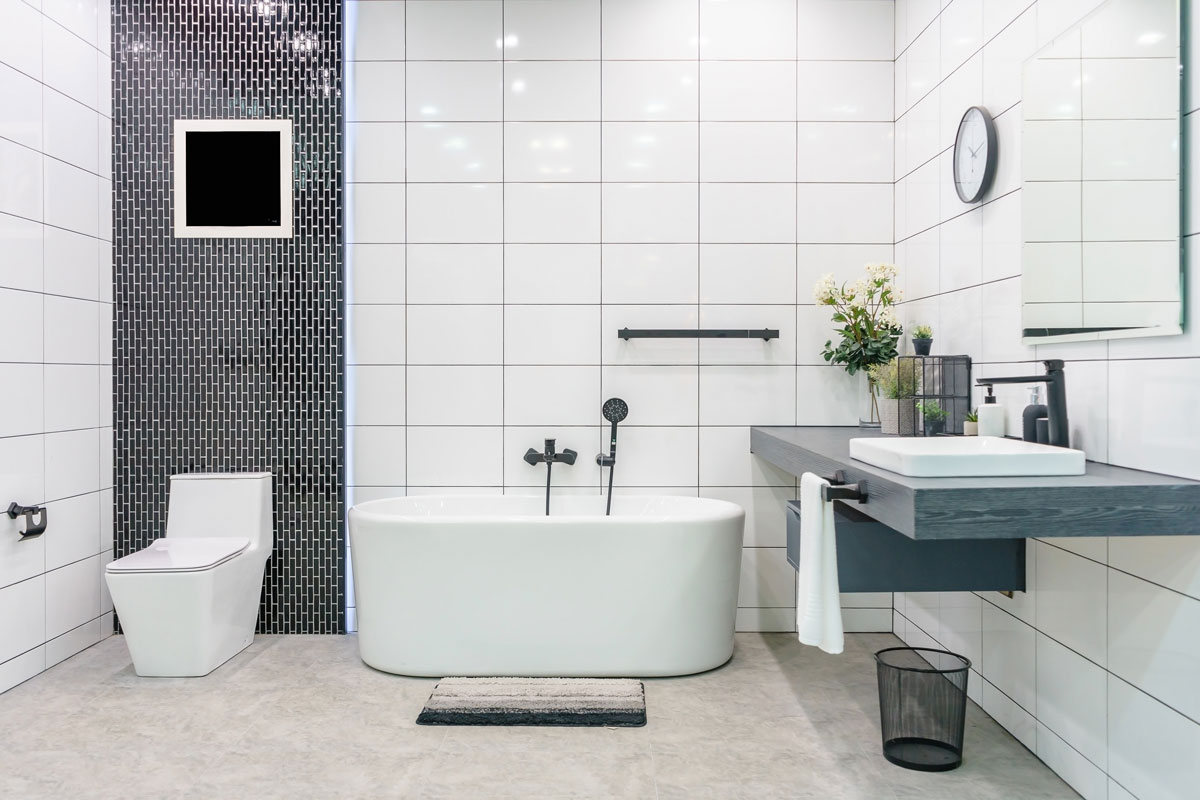
In terms of material strength, polyester-based solid surface is brittle and consequently more prone to breaking than acrylic-based solid surface.
However, the greatest danger of damage is induced by shipping and manufacture rather than by customer use.
Manufacturers can transfer and produce acrylic-based solid surfaces with less danger of product damage because they are stronger. As a result, the most durable option is a solid acrylic surface.
Aesthetics
Since the bathroom is often used for quick showers and long relaxing baths, you would want it to be aesthetically pleasing for a cozier effect.
Solid surfaces can be formed into various shapes and sizes, making them easier to fit into various surfaces and bend into customizable designs. Manufacturers offer solid surfaces that come in different colors and patterns, making them more appealing and pleasing to consumers.
The solid polyester surface may be your best option if you prefer brighter colors and designs.
Colors are easier to impart on solid polyester surfaces because when they are sanded and polished, they produce a more brilliant and glossy finish.
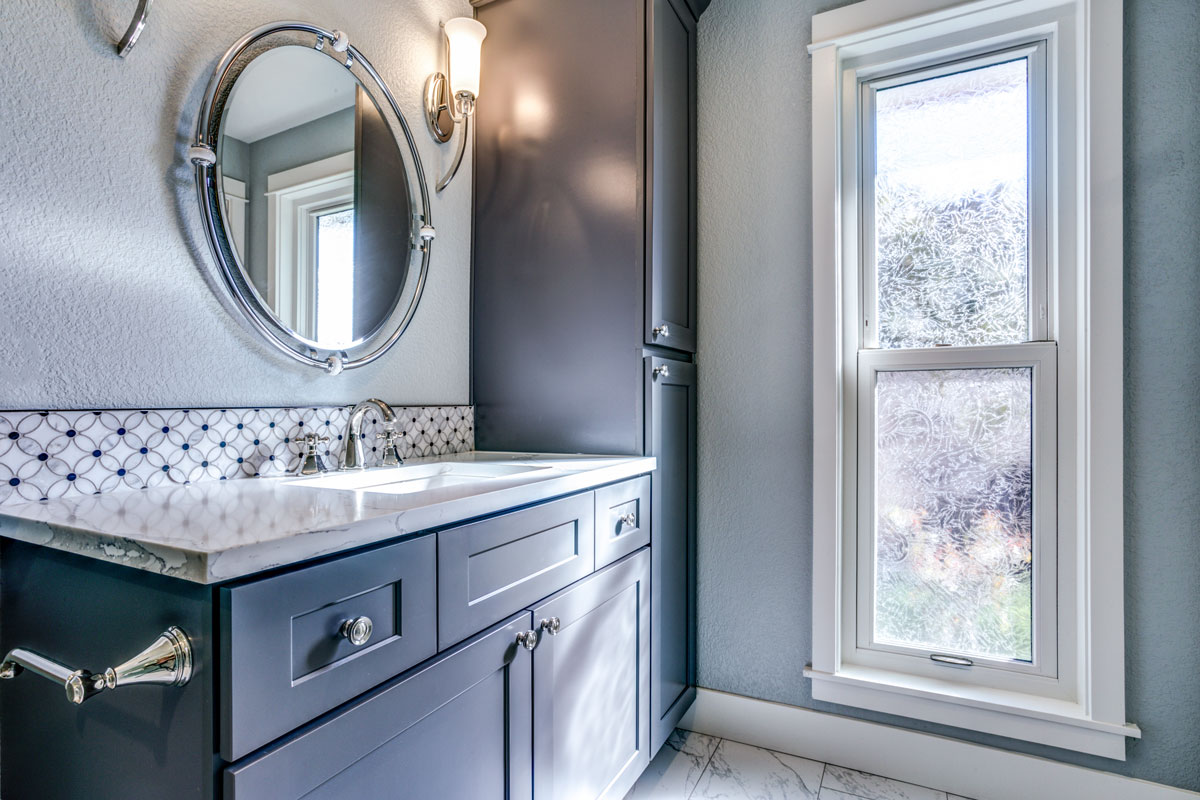
Avonite presents a collection of solid surfaces with vibrant colors.
However, the solid acrylic surface is ideal if you prefer a simpler design. Despite having less visual depth, it looks best when polished to a lower gloss.
Acrylic solid surfaces are also a good choice for people who want to modify the material by thermoforming it into the desired shape and design. This is because they bend more easily than polyester.
The technique of thermoforming involves molding a material into the desired shape. This entails heating the materials in an oven until they become flexible, bending them into the desired shape.
Maintenance
Both polyester and acrylic solid surfaces are easy to maintain and less likely to harbor bacteria.
This is due to their high resin content, which makes them non-porous and more water-resistant, making them the best choice for use in high moisture areas such as the shower.
Because of the non-porous nature of the materials, solid surfaces do not require periodic resealing.
Both polyester and acrylic solid surfaces are simple to care for. They can be cleaned with a damp washcloth, dipped in soap, rinsed with water, and wiped dry. On the other hand, Tougher stains can be removed by sanding or using household cleaners.
Polyester solid surfaces may require more frequent polishing than solid acrylic surfaces. However, stains can be easily removed even without polishing.
Although solid materials are softer and less resistant to scratches, repairs are relatively simple. It could be restored to its original state by sanding down scratches.
Cost-Effectiveness
Solid surfaces are more expensive than traditional shower wall tiles, but they are more durable and easy to repair. Solid surface prices typically cost between $100 and $200 per square foot.
Acrylic solid surfaces are generally more expensive than solid polyester surfaces. So, if you're looking for a less expensive option, polyester is the way to go.
Corian solid surfaces cost between $3,100 and $4,700 for a standard 70-square-foot shower. Labor is estimated to cost around $1500.
Corian offers a great selection of quality solid surfaces with various designs and colors. You can get a quick estimate for your solid surface shower panels and installation from Fixr.
Is A Solid Shower Surface Worth It?
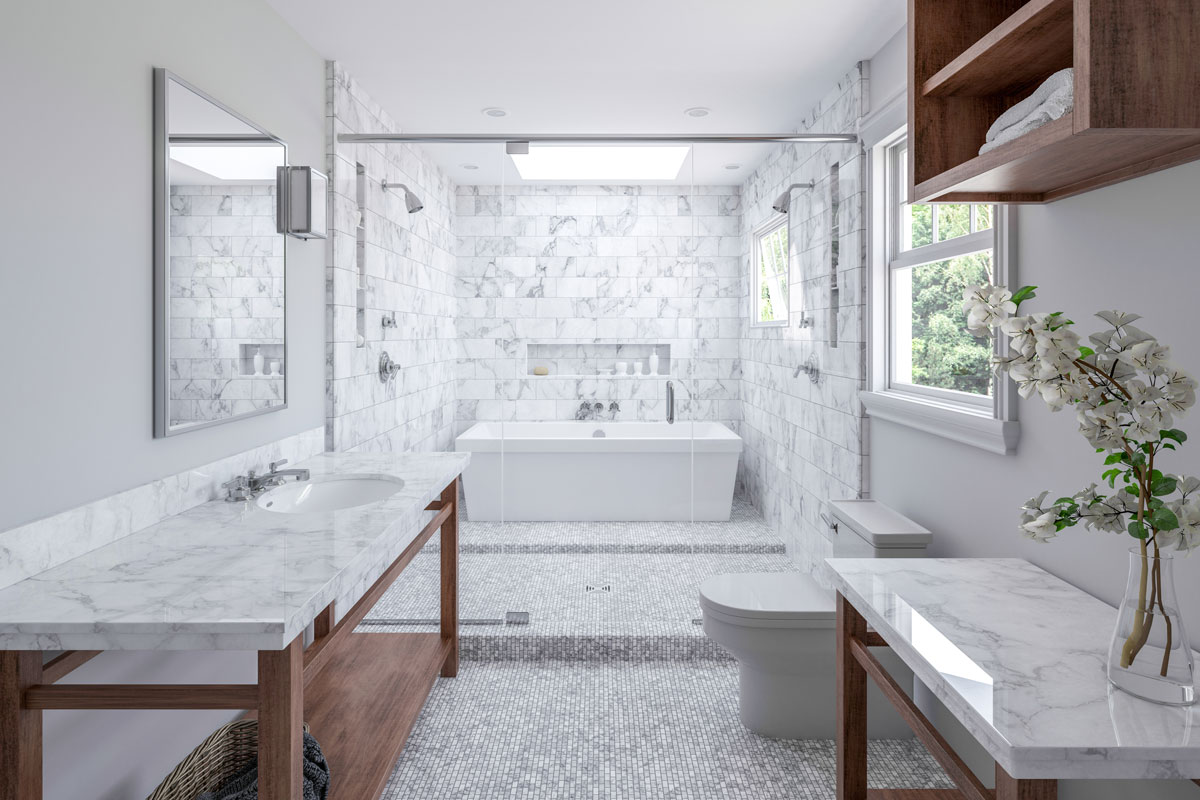
Solid surfaces make excellent investments. Although they are more expensive than traditional materials, they are more durable, require less maintenance, and are simple to clean and repair.
It may be expensive on the first purchase and installment, but it is well worth it. One of the most important reasons is its durability, which can withstand harsh conditions and impacts over time.
Periodical resealing and regrouting are no longer needed because it is grout-free, thus reducing maintenance efforts. Reparation is also simple, as scratches can easily be removed through sanding and polishing.
These qualities of a solid surface will save you money, energy, and effort in its maintenance and repair.
Are Solid Surface Shower Walls Easy To Install?
Yes, solid surfaces can be easily installed. Setting them in place takes less time than laying tiles, as solid surfaces come in larger pieces. These solid surface panels can easily be customized because standard woodworking tools can be used to cut them.
So installation would be a breeze even if you do it yourself.
Once you have measured your shower wall and have decided on a design, you may follow these steps:
- Cut the panels, bearing in mind the size of the wall and the fixtures. If you have prefabricated solid surfaces, you may skip the first step.
- Trim, scribe, or sand the panels if needed.
- Remove all fixtures.
- Dust, clean, and dry the walls.
- Apply silicone sealant to the back side of the panels before pressing them against the walls.
- Apply sealant on joints and wipe any residual adhesive.
- Allow the walls to dry before cleaning and using the shower.
Watch the full installation tutorial video here:
What Is The Best Material To Use Behind A Shower Wall?
Shower wall panels made of solid surfaces must be fastened to a level surface. A sheathing is thus required. Moisture-resistant walls are highly recommended backing materials for solid surface shower walls.
Installing them on cement, fiber-cement, fiber-reinforced gypsum, glass mat gypsum, and fiber mat-reinforced cement backer panels is an option. You can also use marine-grade plywood, moisture-resistant drywall, or sheetrock as an alternative.
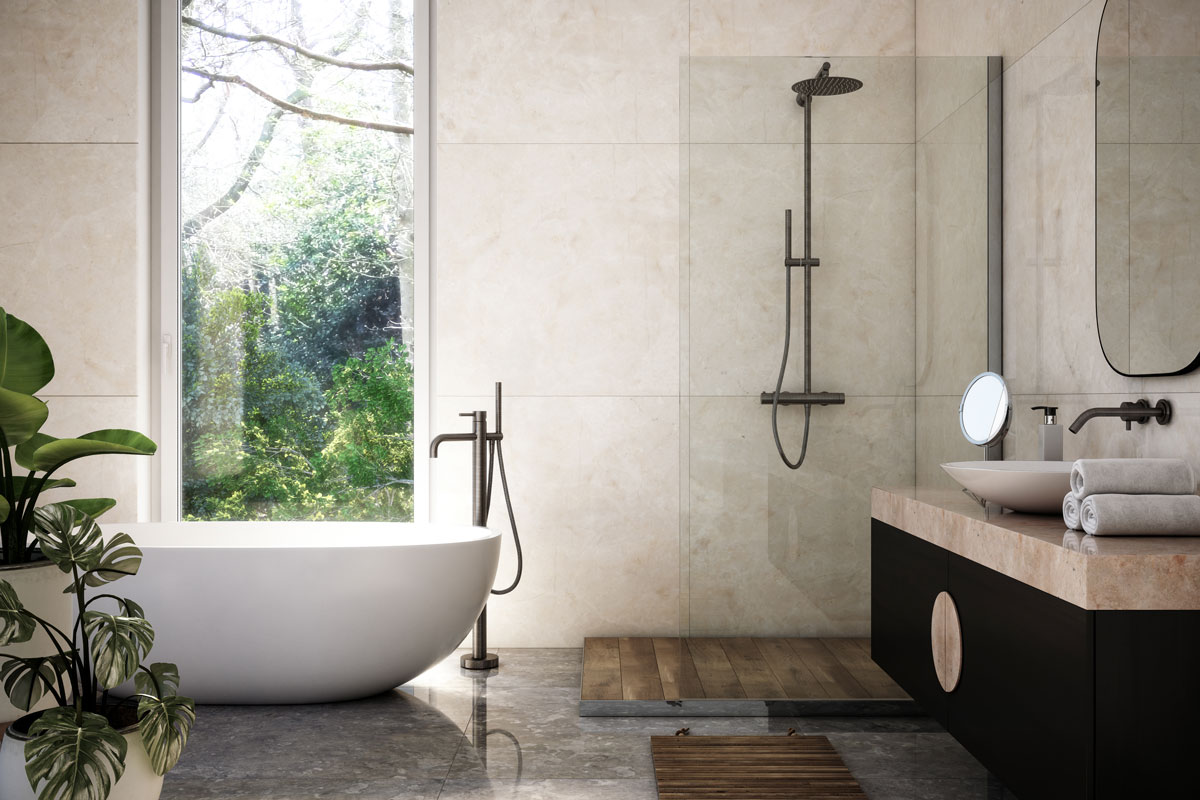
Are Solid Surfaces Safe For Showers?
Yes, solid surfaces are safe to install in showers. It not only lessens the accumulation of bacteria and mold formation but also lessens slipping accidents because solid surfaces are textured.
Larger panels and a smooth finish make solid surfaces easier to clean, preventing bacteria and mold from growing. Because they are non-slip, they are also suitable for use in showers.
Solid surfaces may have a glossy finish or sheen that makes them appear slippery, but they are softly textured, making them a safer choice.
How Do You Clean Solid Surface Shower Walls?

Use a moist cloth or a sponge to clean solid surfaces. Brushes and abrasive cleaning products should not be used on solid surfaces since they scratch easily.
Your solid surface may be damaged if you use severe chemicals with strong acids or bases. Instead, use a mild soap or an ammonia-free cleaner to clean solid surfaces.
These include common glass cleaners and all-purpose cleaners.
Click here to see this product on Amazon.
Click here to see this product on Amazon.
Clorox Scentiva is an excellent choice if you want a scented shower wall while keeping it clean and free of grime, stains, and bacteria. It comes in a range of scents from which to choose.
Click here to view this product on Amazon.
To Wrap Things Up
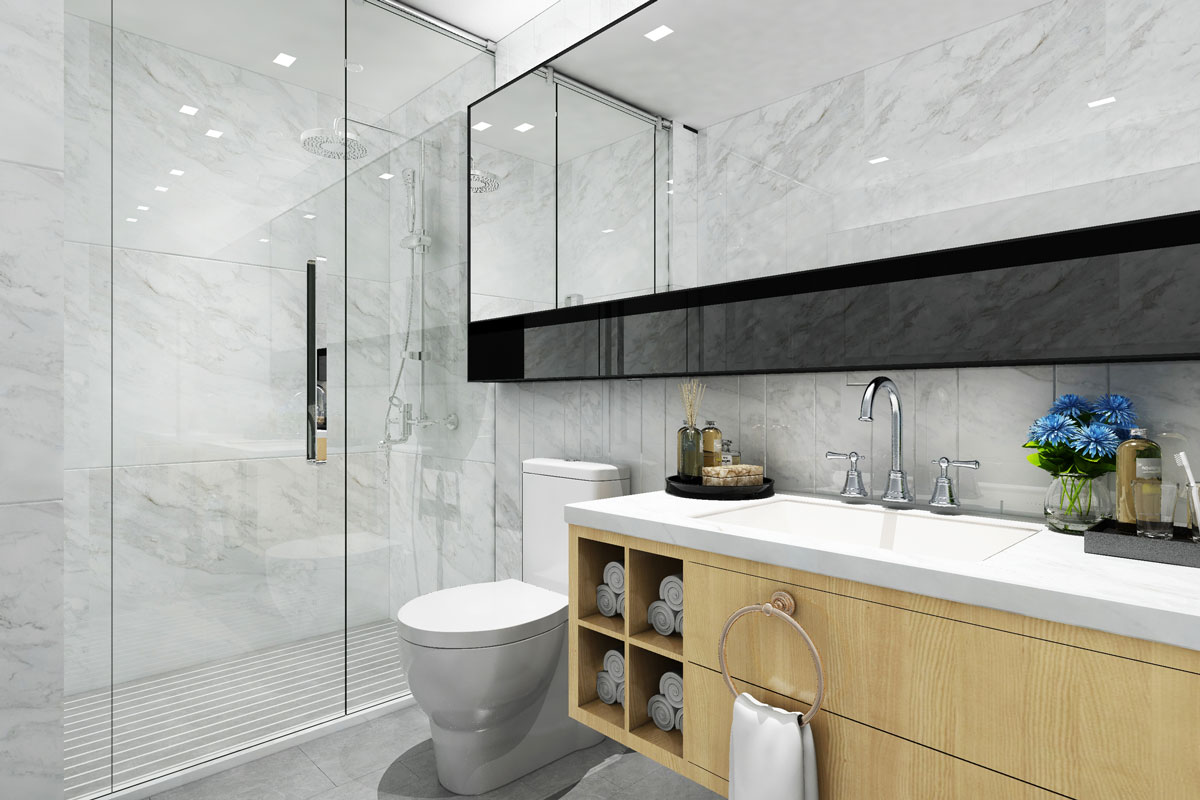
The best solid surfaces for shower walls are polyester and acrylic. Your aesthetic choices and price range determine which material you use in your bathroom.
We highlighted their benefits and drawbacks in terms of longevity, aesthetics, maintenance, and cost-effectiveness. We hope this article has provided you with the necessary information to make the best decision possible.
If you loved this article, we think you'll want to read these:
What Can You Put On Bathroom Walls Instead Of Tiles?
What Is The Best Material For Shower Walls? [5 Options Examined]
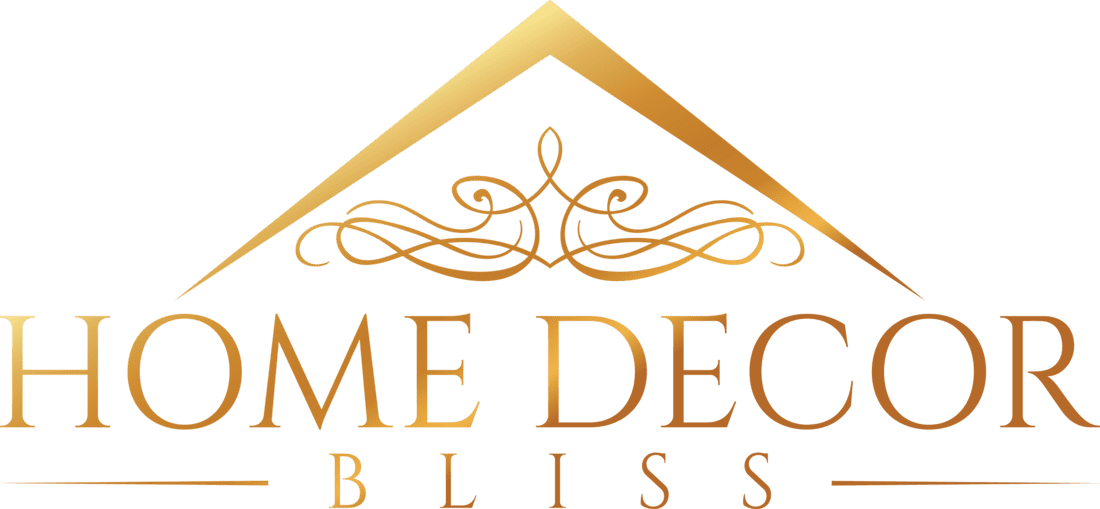
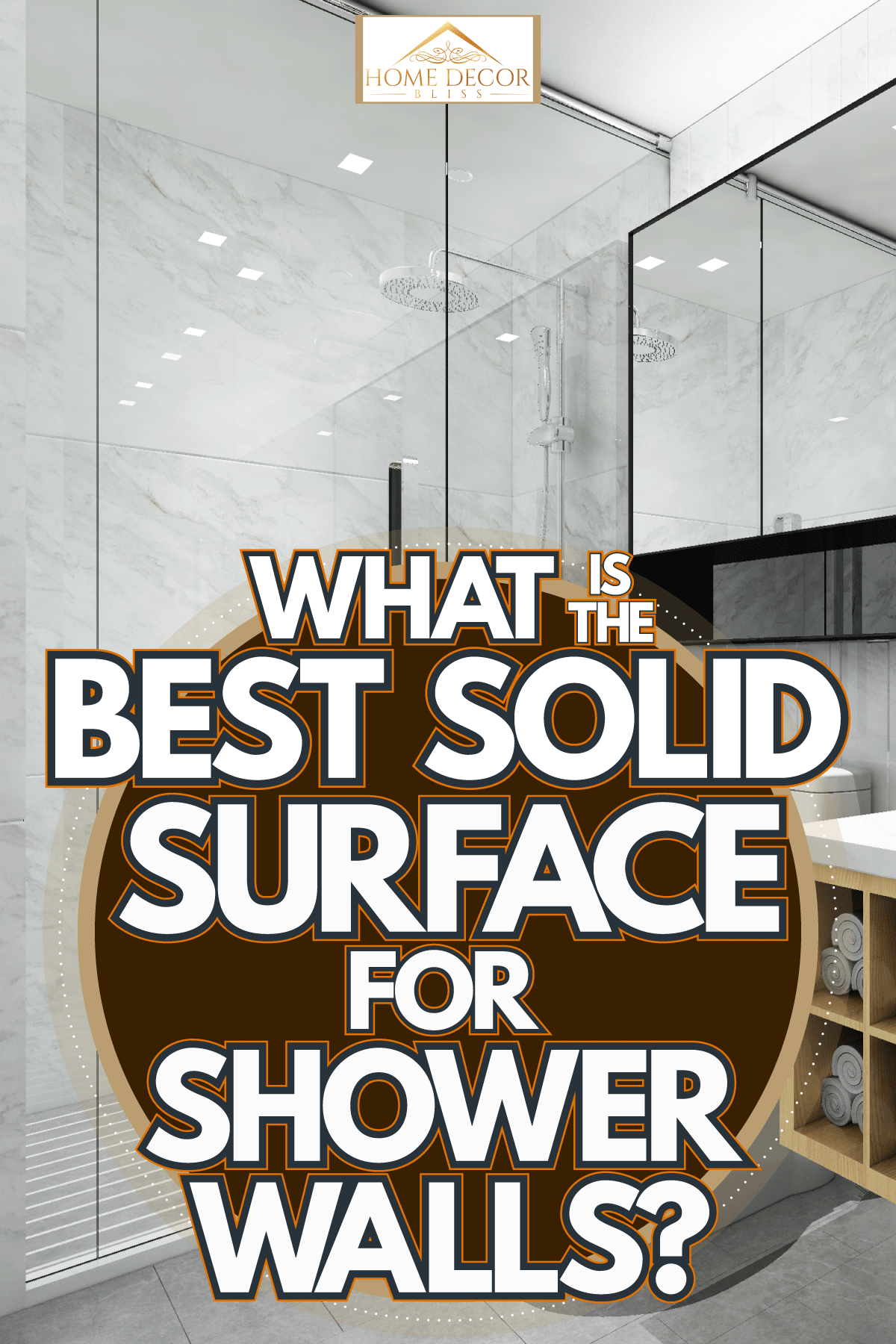



I like that you talked about how solid surfaces are more expensive than traditional shower wall tiles, but they are more durable and easy to repair. I was watching a video about construction last night and I saw how a contractor built solid surface showers. Solid surfaces seem pretty useful, so I could see why they are widely used nowadays.